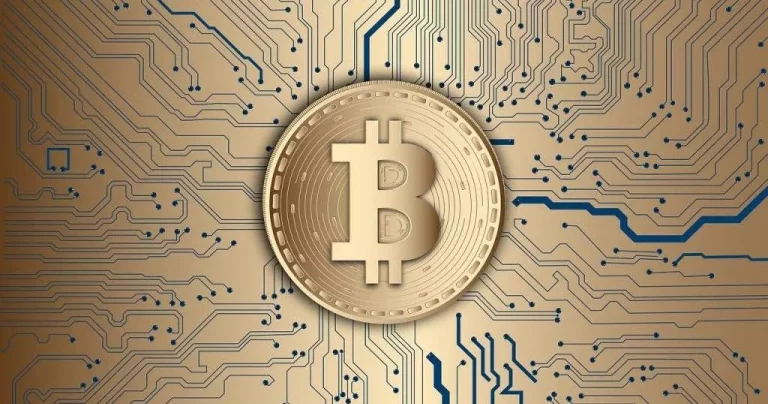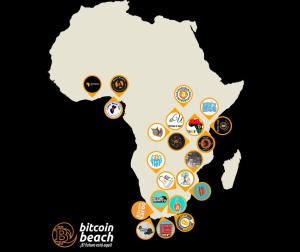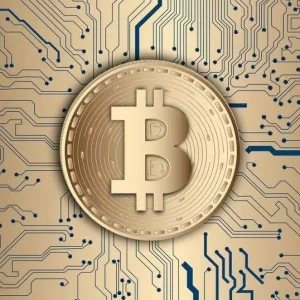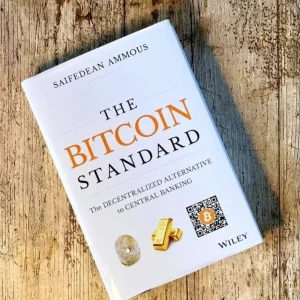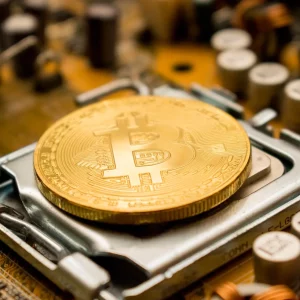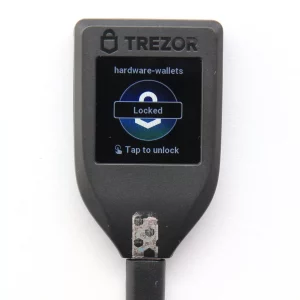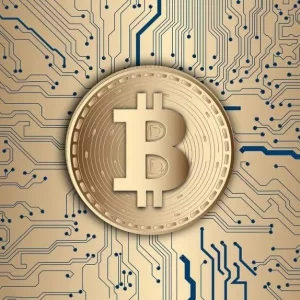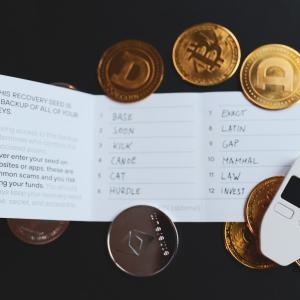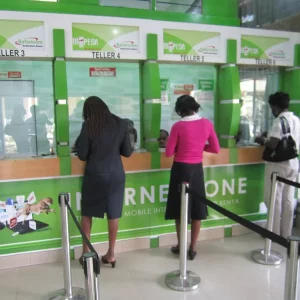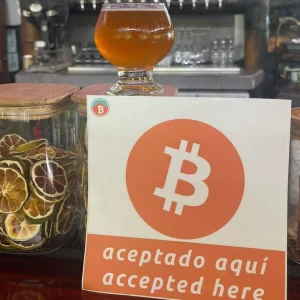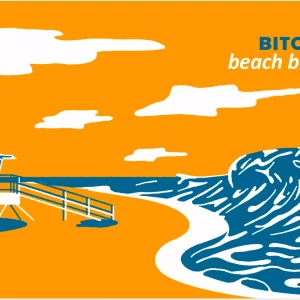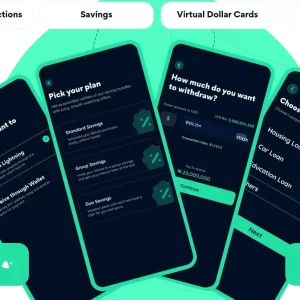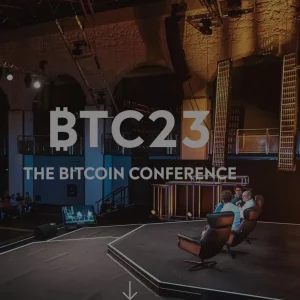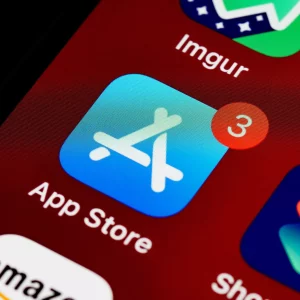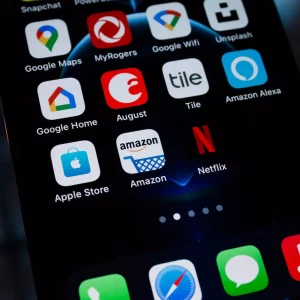Bitcoin is a revolutionary new approach towards money. It implies that everyone has the potential to become their own bank, with the ability to transact freely without the need for intermediaries. This has the potential to empower individuals and communities, particularly those who have been historically excluded from traditional financial systems.
Bitcoin is essentially a network of computers that enables this new form of digital currency. It operates on a decentralized system, which means that it is not controlled by any central authority like a government or a financial institution. Instead, the Bitcoin network is maintained by a community of users who validate and process transactions using complex mathematical algorithms.
This network has created a new paradigm for digital transactions, and its impact on the world of finance and technology is still unfolding. While it has its challenges and limitations, it has certainly captured the attention of people around the world and is likely to continue to be an important part of the digital landscape for years to come.
Bitcoin was created in 2009 by an unknown person or group of people using the pseudonym “Satoshi Nakamoto.” It was designed to be a secure, private, and anonymous way to transfer money online without the need for intermediaries like banks or payment processors.
Bitcoin limited supply
One of the unique features of Bitcoin is its limited supply. Only 21 million bitcoins will ever be created, which means that it is a deflationary currency. This has led to a significant increase in its value over time, with many people using it as a store of value or a speculative investment.
Early 2023, the supply of Bitcoin is approaching its ultimate limit, with only 2 million bitcoin left to be mined. This represents less than 10% of the total supply, which is set to cap at 21 million bitcoins. As the supply dwindles, the value of each bitcoin is likely to continue to rise, as demand outstrips supply.
The supply of bitcoin becomes limited on average each four years. The so-called miners, who solve the cryptographic puzzles that validate transactions and create new bitcoins, receive a reward for their efforts. This is currently set at 6.25 bitcoins per block. However, this reward is designed to decrease over time, according to a pre-programmed schedule known as the “halving”.
What is bitcoin halving? Bitcoin halving is a programmed event that occurs approximately every four years, reducing the block reward miners receive for validating transactions. This helps control the issuance of new bitcoins and contributes to the bitcoin’s scarcity.
This means that the rate at which new bitcoins are created slows down over time, eventually leading to a total supply of 21 million bitcoins. This process is intended to make Bitcoin a deflationary currency, as the supply is limited and the value of each bitcoin is expected to increase over time as demand grows.
Bitcoin can be divided
Thankfully, the divisibility of Bitcoin means that you don’t have to buy a whole bitcoin to participate in the market. Instead, you can purchase a fraction of a bitcoin, with the smallest denomination being called a “satoshi” or “sat” for short. A satoshi, Bitcoin’s smallest units, is named after the creator of Bitcoin, Satoshi Nakamoto, and represents one hundred millionth of a bitcoin. Some people also use the term “bits”, which represents one millionth of a bitcoin.
One bitcoin is equal to 100,000,000 satoshis (also known as sats), which is the smallest unit of measurement in the Bitcoin system. This allows for divisibility of the cryptocurrency, meaning that people can transact with even the smallest amounts of bitcoin. For example, if you were to buy a cup of coffee with bitcoin, you might pay 5000 satoshis, which is equal to 0.00005 BTC.
This divisibility of Bitcoin allows for greater accessibility and flexibility in the market, enabling people to invest in bitcoin at a level that suits their budget and investment goals. It also enables people to use Bitcoin for everyday transactions, as they can buy goods and services with small amounts of the currency.
Bitcoin resides on the blockchain. It cannot leave the blockchain; but in order to move it on the blockchain, you need access to its private keys. These private keys are what you own, when you say you own bitcoin. Private keys are to be kept secure, and by owning these keys in self-custody you do not depend on anyone else to move your bitcoin.
Bitcoin is for everyone
Bitcoin also has the potential to increase financial inclusion, particularly for people who are unbanked or underbanked. These are people who do not have access to traditional banking services, either because they live in remote areas, do not have the necessary identification documents, or cannot afford the fees charged by banks. With Bitcoin, anyone with an internet connection can open a wallet and start transacting without the need for a traditional bank account.
Bitcoin is censorship resistant. This means that no single person or organization has control over it or over the transactions. It runs on a decentralized ledger. Transactions are verified and secured by a network of computers, and data is stored on the bitcoin blockchain, which contents cannot be altered. This makes it impossible for anyone to interfere with or manipulate the network, which gives users the freedom to send and receive payments without worrying about censorship.
Bitcoin as a human right
Bitcoin can be seen as a human right. It provides people with a degree of financial freedom and autonomy that can be difficult to find in traditional financial systems. Bitcoin can also be a valuable resource for people living in countries with oppressive regimes or where the economy is unstable.
- Bitcoin allows everyone to send and receive money without the need for a bank account or government identification.
- This eliminates the risk of having their assets confiscated or frozen by the government, which makes it an attractive option for people in countries that are not so democratic.
- Additionally, it allows users to make payments quickly and securely, which can be especially useful in countries where the banking system is unreliable, or where financial freedom is limited by oppressive regimes.
By allowing people to access financial services and transact freely, Bitcoin can be seen as a vital human right.

